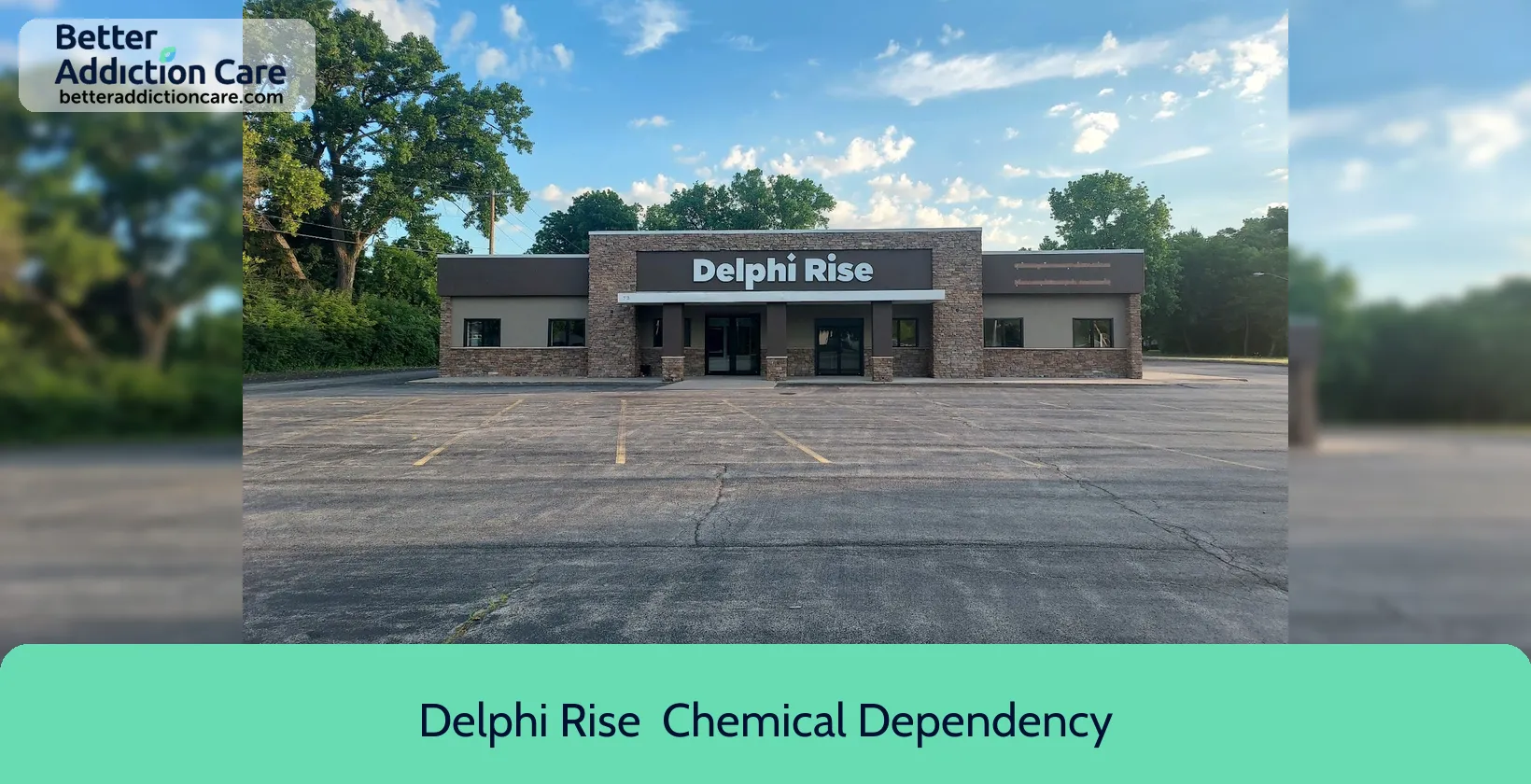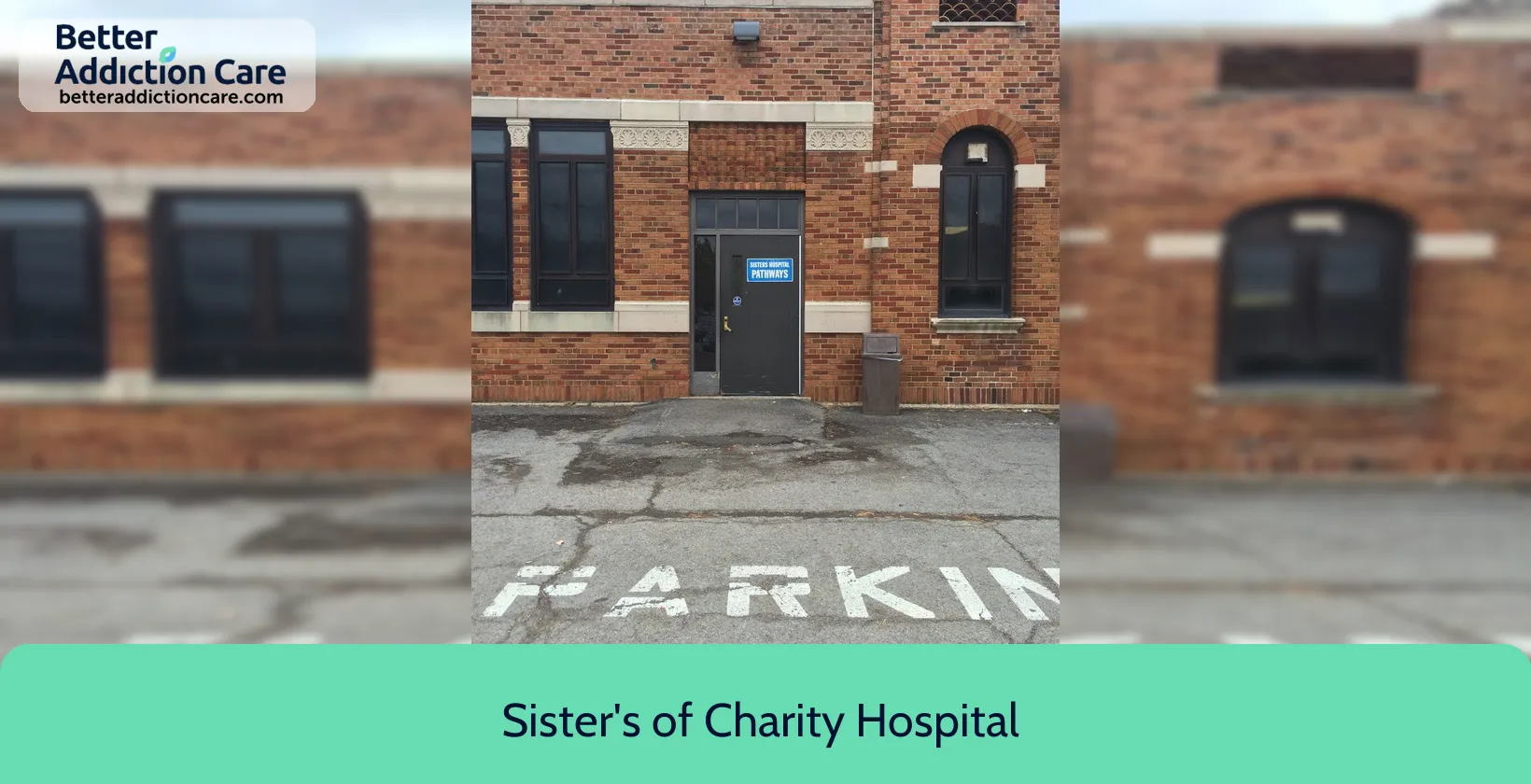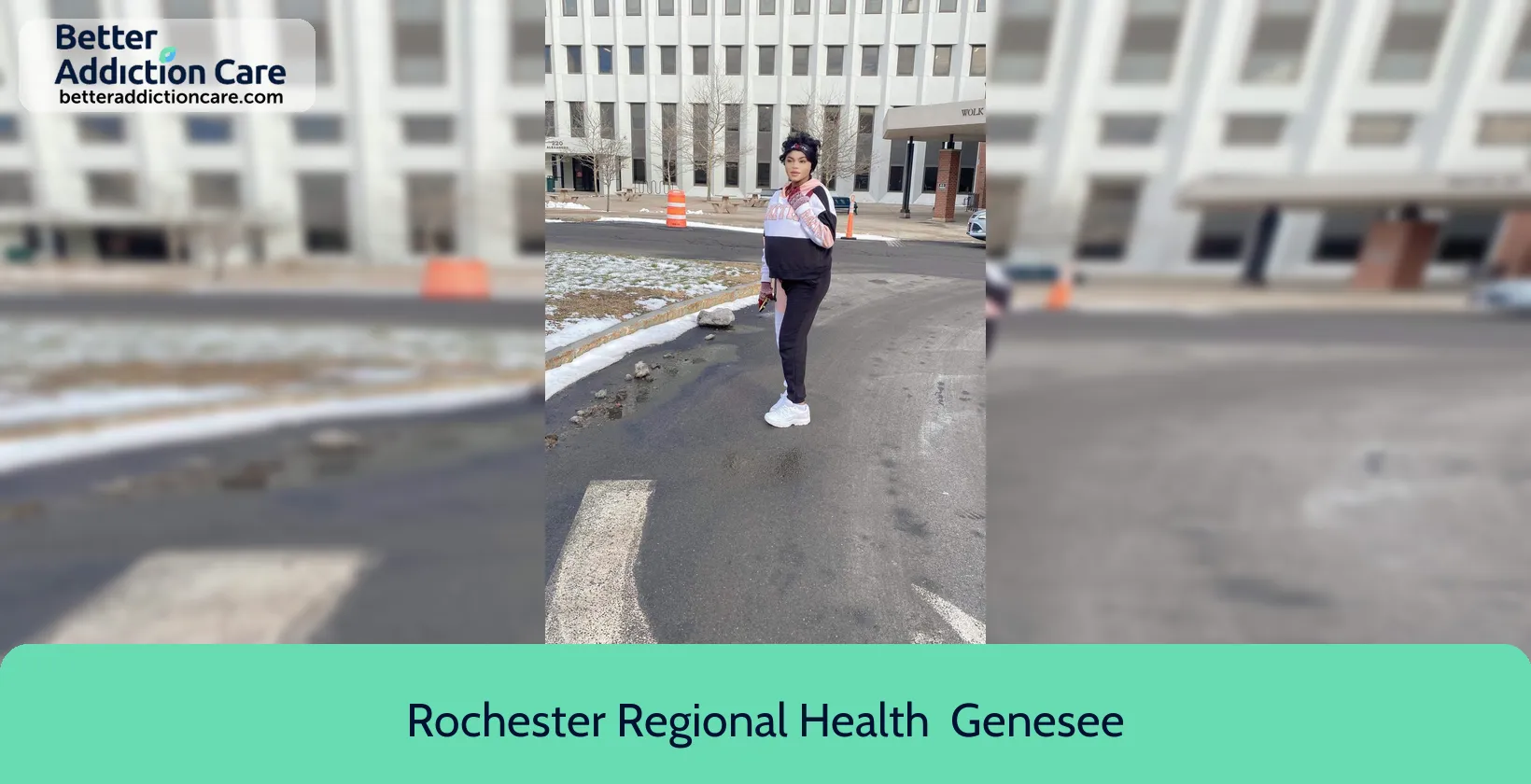
Overview
Located in Rochester, New York, Rochester Rehabilitation is a private addiction treatment facility that offers specialized care to patients who struggle with co-occurring mental health illnesses and drug misuse. The hospital offers flexible outpatient programs that let patients get structured care based on their rehabilitation requirements as they go on with their regular lives at home. The facility is renowned for developing customized treatment programs that are tailored to each client's unique requirements, encouraging a well-rounded approach to treatment and long-term sobriety.
Among the many specialist programs that Rochester recovery provides are comprehensive treatment for teenagers with challenges unique to adolescence and specialized drug recovery services for veterans that concentrate on trauma associated to battle and reintegration into civilian life. Additionally, they have a strong commitment to diversity, offering care that respects a range of gender identities and sexual orientations while creating a welcoming atmosphere for everyone.
With a solid basis based on the principles of independence, wellness, and labor, Rochester Rehabilitation seeks to enable people to overcome addiction and take back control of their lives. With an annual budget of $7 million, the charity provides help to over 3,000 people in the Greater Rochester region who struggle with mental health issues, disabilities, and other personal afflictions.
Working in partnership with other non-profits, Rochester Rehabilitation, a vital component of the Al Sigl Community of Agencies, brings about meaningful change for individuals with disabilities. Their commitment to a common goal of improving quality of life via easily available services is shown by their relationship. Furthermore, Rochester Rehabilitation has been acknowledged as a United Way Donor Designated Agency, indicating its dedication to community-based programs that support those they assist in achieving sustained recovery and overall well-being.
Rochester Rehabilitation Center - Mental Health Center at a Glance
Payment Options
- Cash or self-payment
- Medicaid
- Medicare
- Private health insurance
- Self-pay options
Assessments
- Screening for tobacco use
- Comprehensive mental health assessment
- Comprehensive substance use assessment
Age Groups
- Seniors or older adults
- Young adults
- Adults
- Seniors
Ancillary Services
- Case management service
- Chronic disease/illness management
- Court-ordered outpatient treatment
- Diet and exercise counseling
- Family psychoeducation
Highlights About Rochester Rehabilitation Center - Mental Health Center
6.80/10
With an overall rating of 6.80/10, this facility has following balanced range of services. Alcohol Rehabilitation: 8.00/10, Drug Rehab and Detox: 6.00/10, Insurance and Payments: 6.00/10, Treatment Options: 7.21/10.-
Alcohol Rehabilitation 8.00
-
Treatment Options 7.21
-
Drug Rehab and Detox 6.00
-
Insurance and Payments 6.00
Treatment At Rochester Rehabilitation Center - Mental Health Center
Treatment Conditions
- Mental health treatment
- Substance use treatment
- Co-occurring Disorders
- Opioid Treatement
- Alcoholism
Care Levels
- Outpatient
- Outpatient detoxification
- Detoxification
- Intensive outpatient treatment
Treatment Modalities
- Group counseling
- Cognitive behavioral therapy
- Dialectical behavior therapy
- Telemedicine/telehealth therapy
- Smoking/vaping/tobacco cessation counseling
Ancillary Services
Languages
- Sign language services for the deaf and hard of hearing
Special Programs
- Clients with co-occurring mental and substance use disorders
- Veterans
- Members of military families
- Criminal justice (other than DUI/DWI)/Forensic clients
- Clients with HIV or AIDS
Get Help Now
Common Questions About Rochester Rehabilitation Center - Mental Health Center
Contact Information
Other Facilities in Rochester

7.37

7.10

7.19

7.54

7.22

7.19

7.11

6.65
DISCLAIMER: The facility name, logo and brand are the property and registered trademarks of Rochester Regional Health - Genesee Mental Health Center, and are being used for identification and informational purposes only. Use of these names, logos and brands shall not imply endorsement. BetterAddictionCare.com is not affiliated with or sponsored by Rochester Regional Health - Genesee Mental Health Center.
